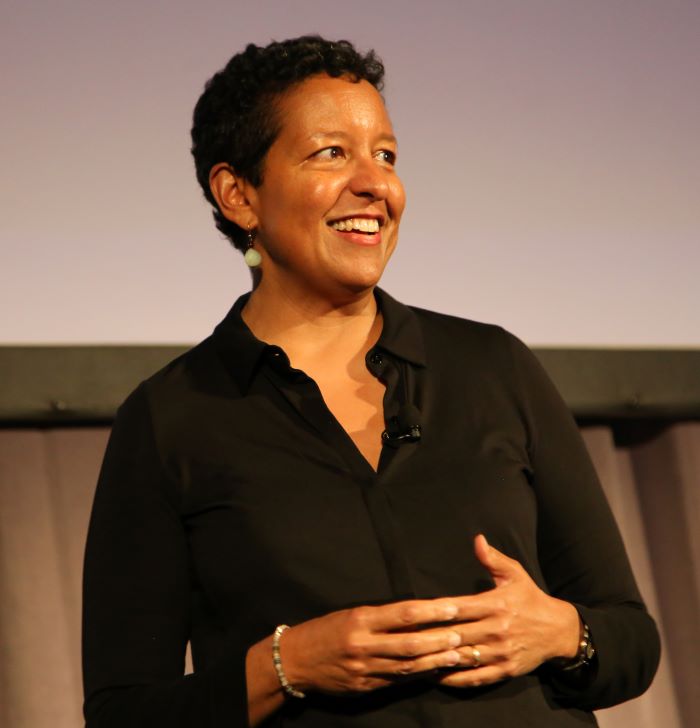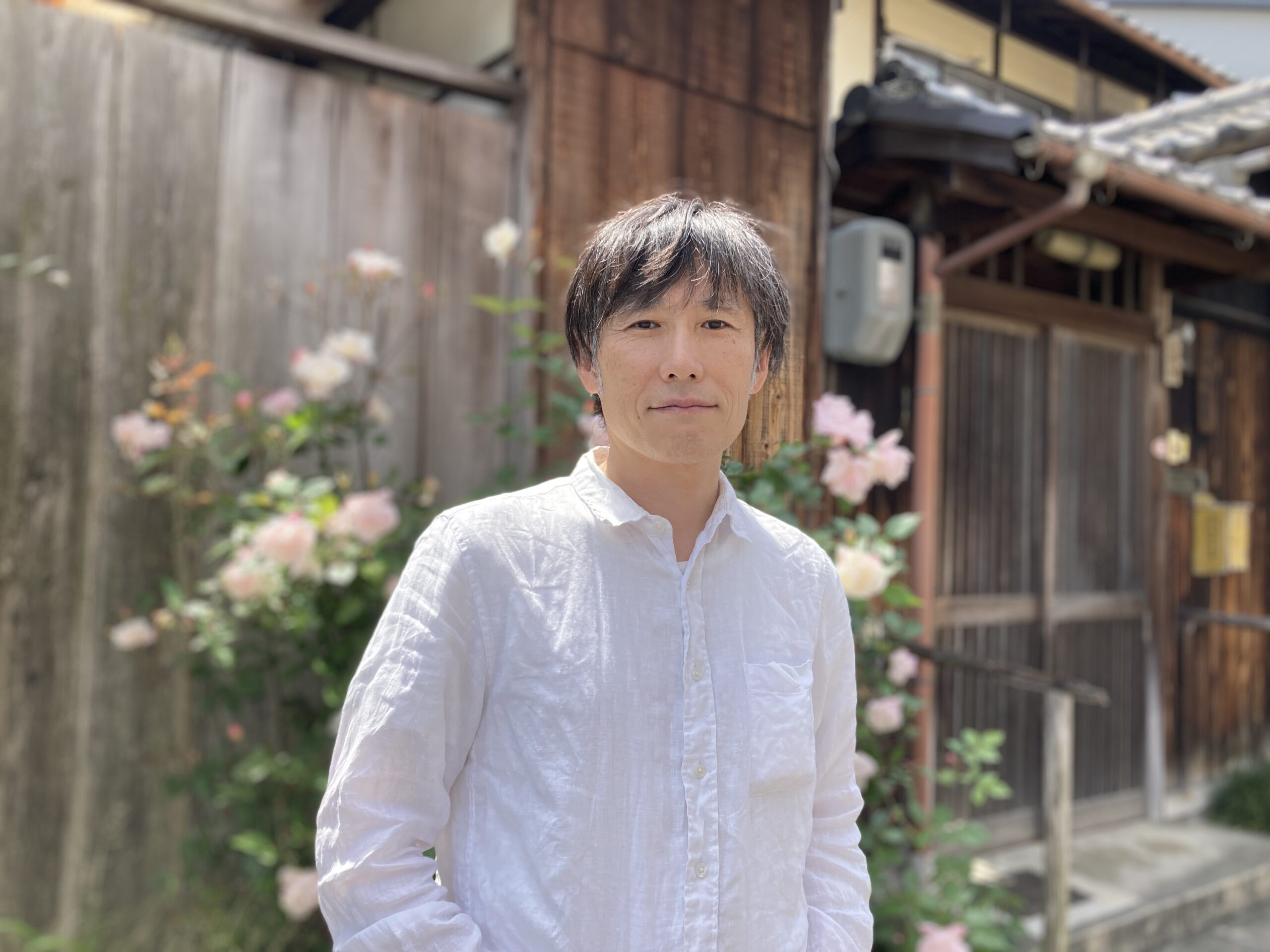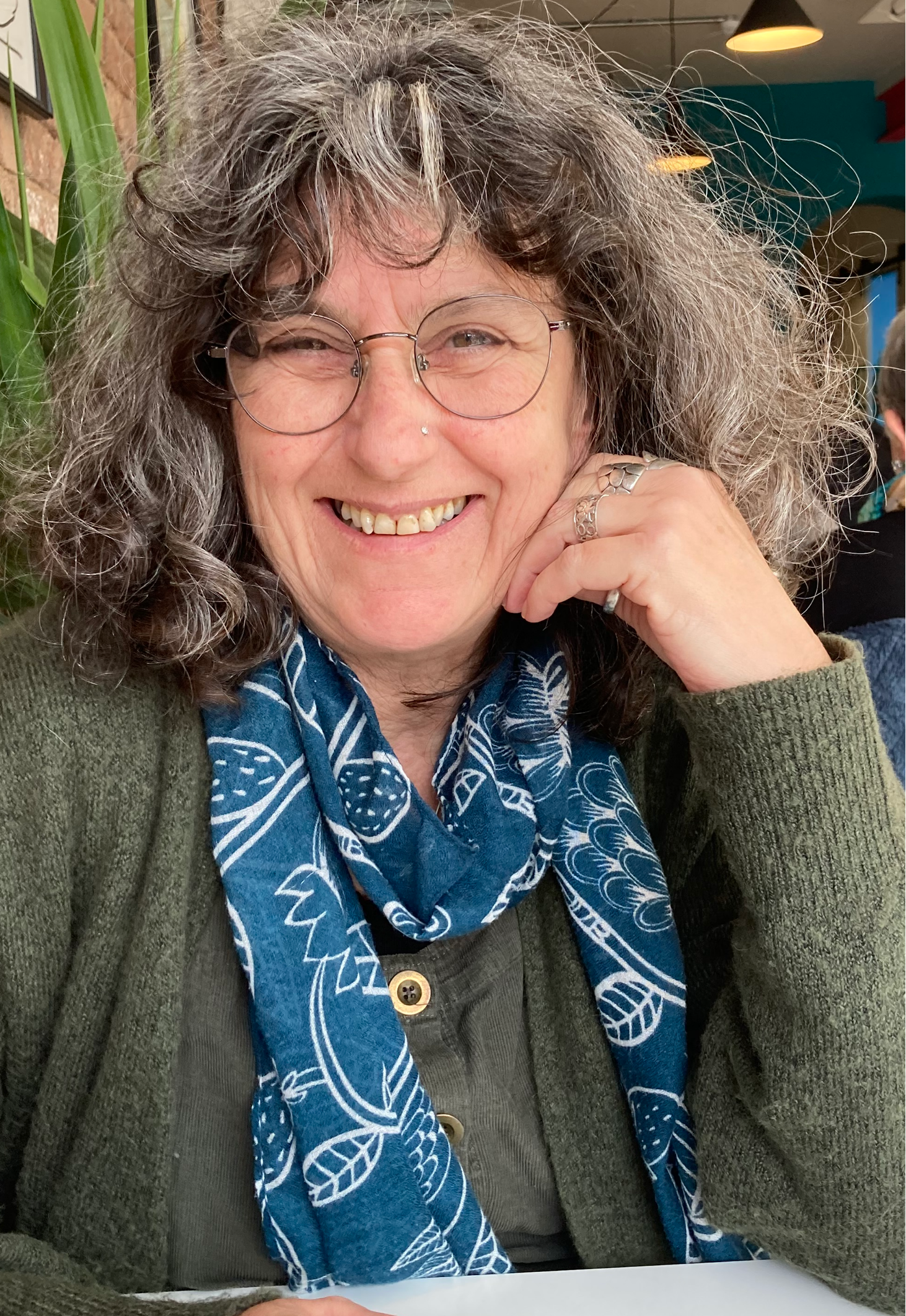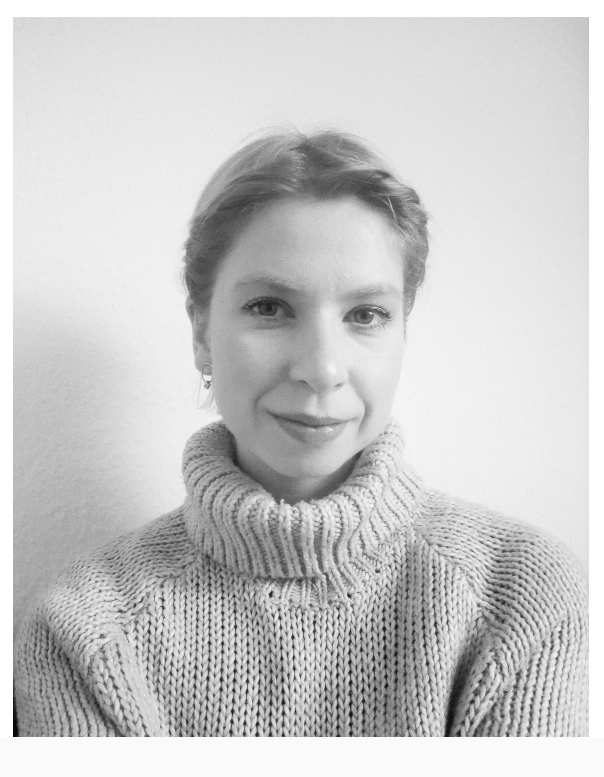Universal Basic Income and Gender (UBIG)
Despite the growing interest in basic income, questions about the design and desirability of a basic income from a feminist perspective remain both marginal and contested. A consensus on what constitutes a “feminist” basic income has not yet been reached, and feminist rationales for or against the idea vary widely.
Against this backdrop, the team’s research aims to provide a conceptual framework for a basic income from a feminist perspective. In doing so, we address a number of questions: what would a basic income as imagined by feminists look like? How, if at all, would such an approach differ from prevailing models? What are the key features or elements that distinguish a feminist basic income proposal? Where might tensions exist, including those stemming from different understandings or approaches to feminism? Finally, what might be the implications of such a framework, for research, policy, activism, and more?
Unconditional Basic Income has the potential to transform society. But historically and to this day, it has been dominated by men and men’s voices that have made their perspective the norm, with women’s voices as complements. We now want to make female and feminist perspectives on the idea of UBI visible.
Publications
Annie Miller, Toru Yamamori, and Almaz Zelleke, “Gender Effects of a Basic Income,” chap. 8 in Malcolm Torry, ed.,The Palgrave International Handbook on Basic Income (Palgrave Macmillan, 2019)
Almaz Zelleke, “Work, Leisure, and Care: A Gender Perspective on the Participation Income,” The Political Quarterly, vol. 89, no. 2 (April–June 2018), pp. 273-79.
Almaz Zelleke, “Feminist Political Theory and the Argument for an Unconditional Basic Income,” Policy and Politics, vol. 39, no. 1 (January 2011), pp. 27-42.
Almaz Zelleke, “Institutionalizing the Universal Caretaker through an Unconditional Basic Income?” Basic Income Studies, 3:3 (December 2008), article 7.
Yamamori, T. (2017). The concept of need in Adam Smith. Cambridge Journal of Economics, 41(2), 327–347.
Yamamori, T. (2018). The concept of need in Amartya Sen: Commentary to the expanded edition of collective choice and social welfare. Ethics and Social Welfare, 12(4), 387–392.
Yamamori, T. (2019). The Smithian ontology of ‘relative poverty’: Revisiting the debate between Amartya Sen and Peter Townsend. Journal of Economic Methodology, 26(1), 70–80.
Yamamori, T. (2020). The intersubjective ontology of need in Carl Menger. Cambridge Journal of Economics, 44(5), 1093–1113.
Yamamori, T. (2022). Is a penny a month basic income? A historiography of the concept of a threshold in basic income. Basic Income Studies, 17(1), 29–51.
Yamamori, T. (2023). Grassroots feminist economic thought: A reconstruction from the working-class women’s liberation movement in 1970s Britain. Research in the History of Economic Thought and Methodology, Volume 41B, forthcoming.
Research Team

Prof. Dr. Almaz Zelleke
is Professor of Practice in Political Science at NYU Shanghai. She specializes in UBI, including gender, political theory and public policy, feminist political theory, and comparative political economy. Her articles on basic income, distributive justice, welfare policy, and feminist political theory have been published in Basic Income Studies, Political Quarterly, Journal of Sociology and Social Welfare, Policy and Politics, Review of Social Economy, Journal of Socio-Economics, and Political y Sociedad.
Lives in NYC, USA

Prof. Dr. Toru Yamamori
is Professor in Economics at Doshisha University, Kyoto, Japan, and co-chair of BIEN working group for the Clarification of Basic Income Definition. He has been working at the intersection of feminist economics, history and philosophy of economics, and oral history. He contributes to international journals such as Cambridge Journal of Economics, Journal of Economic Methodology, Ethics and Social Welfare, and Basic Income Studies. His theoretical research on the concept of need in economics has been recognised with the award of the 2017 K. W. Kapp Prize from the European Association for Evolutionary Political Economy. His oral historical research on the intersectionality between women’s liberation movements and welfare rights movement in the long 1970s Britain won the 2014 Basic Income Studies Essay prize. His historiographical research on the definition of Basic Income won the 2021 Basic Income Studies Prize.
Lives in Kyoto, Japan

Chloe Halpenny (she/her), M.A.
is a PhD student and teaching fellow at Queen’s University, Research Associate at the Social Research and Demonstration Corporation, and Co-Chair and Co-Founder of the Basic Income Canada Youth Network. Her current research focuses on critically exploring policy response to poverty through a feminist disability lens. Previously, she conducted interviews as part of a feminist analysis of the Ontario Basic Income Pilot.
Lives in Ottawa, Canada
Clem Davies, M.S.
is a doctoral candidate in economics at the Götz Werner Chair of Economic Policy and Constitutional Economic Theory. In her PhD she focusses on (critically analyses some of the assumptions underlying economic theory and their policy impacts, particularly applied to Universal Basic Income. Her work focusses on the role of competition in German Ordoliberalism from a feminist economic lens.

Milena Kowalska, Ph.D.
is an economist, researcher at the Department of Corporate and Public Finance at Wroclaw University of Economics and Business, two-term City Councillor in Ostrów Wielkopolski (Poland), board member of a consulting company specialising in advising local governments. Greening the world with One More Tree Foundation.

Maria Franchi
is a doctoral researcher and practitioner of facilitation and community organising, working predominantly as a consultant for a range of social change actors. She is particularly interested in social policy, participatory democracy and intersectional inequalities. Her current PhD research analyses UBI and its potential transformative impacts from a feminist perspective centred on women’s lived experience. She hopes to inform the debate about what might constitute a feminist UBI.
FRIBIS Team Coordinator

Jessica Schulz, M.A.
is a doctoral candidate in educational sciences at FRIBIS. In her dissertation, she deals with the question of what influence an unconditional basic income has on individual learning processes. In empirical investigations, the concepts of leisure and scarcity will be examined in the context of self-regulated learning (SRL), motivation, and decision-making.
Lives in Freiburg, Germany
Contact: jessica.schulz@fribis.uni-freiburg.de
Transferteam – Under construction